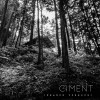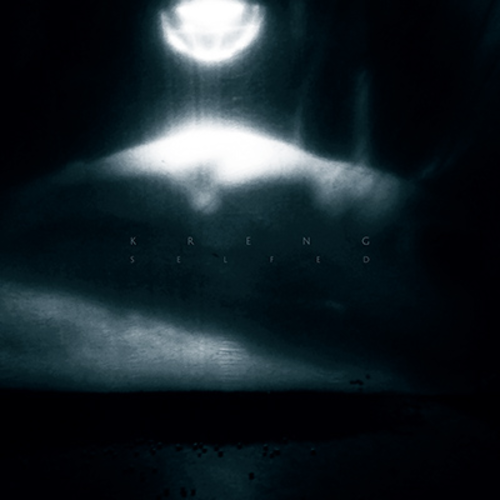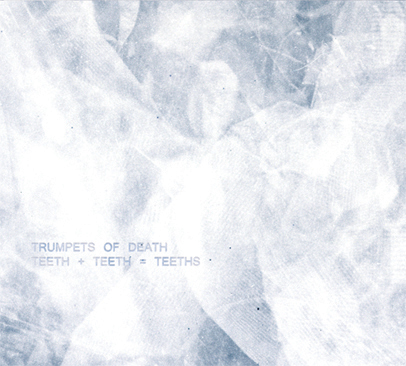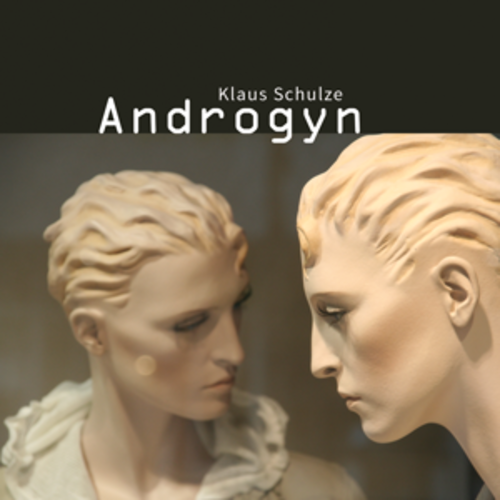DAC
 Ciment starts spasmodic and spare, then proceeds to deploy buzzing, whining breath-fragments and scraping flexions among some moments of stark, simple beauty along the way. Pressed on two sides of vinyl, the LP is fully intended to be listened to with all the accumulated crackles, hiss, pops and incidental warmth the format brings with it, for better or worse.
Ciment starts spasmodic and spare, then proceeds to deploy buzzing, whining breath-fragments and scraping flexions among some moments of stark, simple beauty along the way. Pressed on two sides of vinyl, the LP is fully intended to be listened to with all the accumulated crackles, hiss, pops and incidental warmth the format brings with it, for better or worse.
All sounds originate with
Franck Vigroux‘s guitar, and as is often the case when the instrument is treated in an obscure and abnormal fashion, as he frequently does here, there are moments where the vanilla sound is lost so far in the depth of its deconstruction as to sound like nothing so much as a collection of
wires, wood and pickups disassembled and reconfigured into intriguingly (un)familiar avantgarde shapes. Vigroux is content to let his fingers do the plucking on a barely-effected guitar too, meandering into some languidly slurred phrases on “Creve Mais l’Ombre,” for example, while his multi-tracked self wrenches soft wails and whines around the basic scaffolding of notes he builds.
It’s a mark of how well-structured the album is that sometimes when it segues from one track to the other it can slide as smoothly as the twangs which bring “Frotte” and “Lambeaux” into full elegiac primitivist mode, all plangent
string-bends, finely-judged strokes and slow runs. By contrast, the vehement, visceral snarl of “Monter Soliel ver la Crete” opens side B in a short, sharp opening salvo of ear-jarring noise to perk up the listener’s attention. The long slow burn of “Regarder Aussi Vers” flares briefly until Vigroux’s guitar smoulders into the descending lilt of “Que Rien n’y Pousse” before the final “Dixième” snags and reverberates the album to a quietening flurry of an indeterminate, soft conclusion.
-Richard Fontenoy-
 Ciment starts spasmodic and spare, then proceeds to deploy buzzing, whining breath-fragments and scraping flexions among some moments of stark, simple beauty along the way. Pressed on two sides of vinyl, the LP is fully intended to be listened to with all the accumulated crackles, hiss, pops and incidental warmth the format brings with it, for better or worse.
Ciment starts spasmodic and spare, then proceeds to deploy buzzing, whining breath-fragments and scraping flexions among some moments of stark, simple beauty along the way. Pressed on two sides of vinyl, the LP is fully intended to be listened to with all the accumulated crackles, hiss, pops and incidental warmth the format brings with it, for better or worse.


